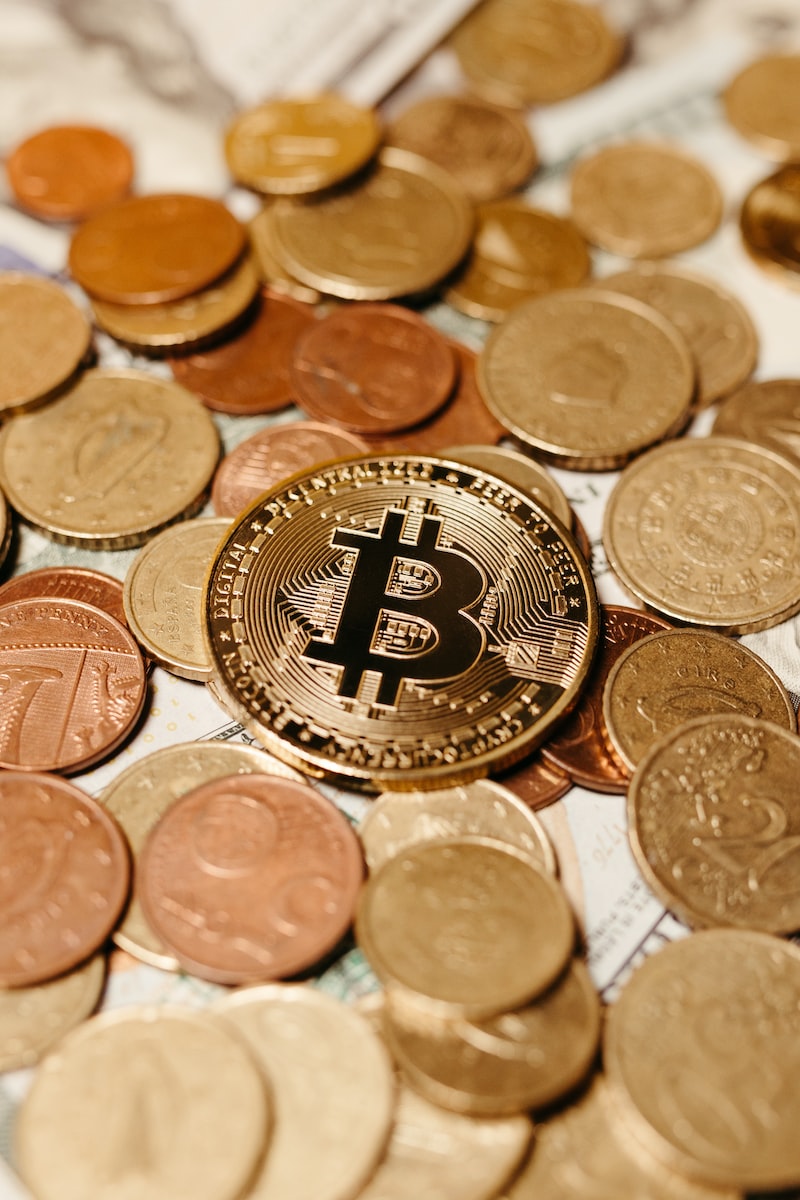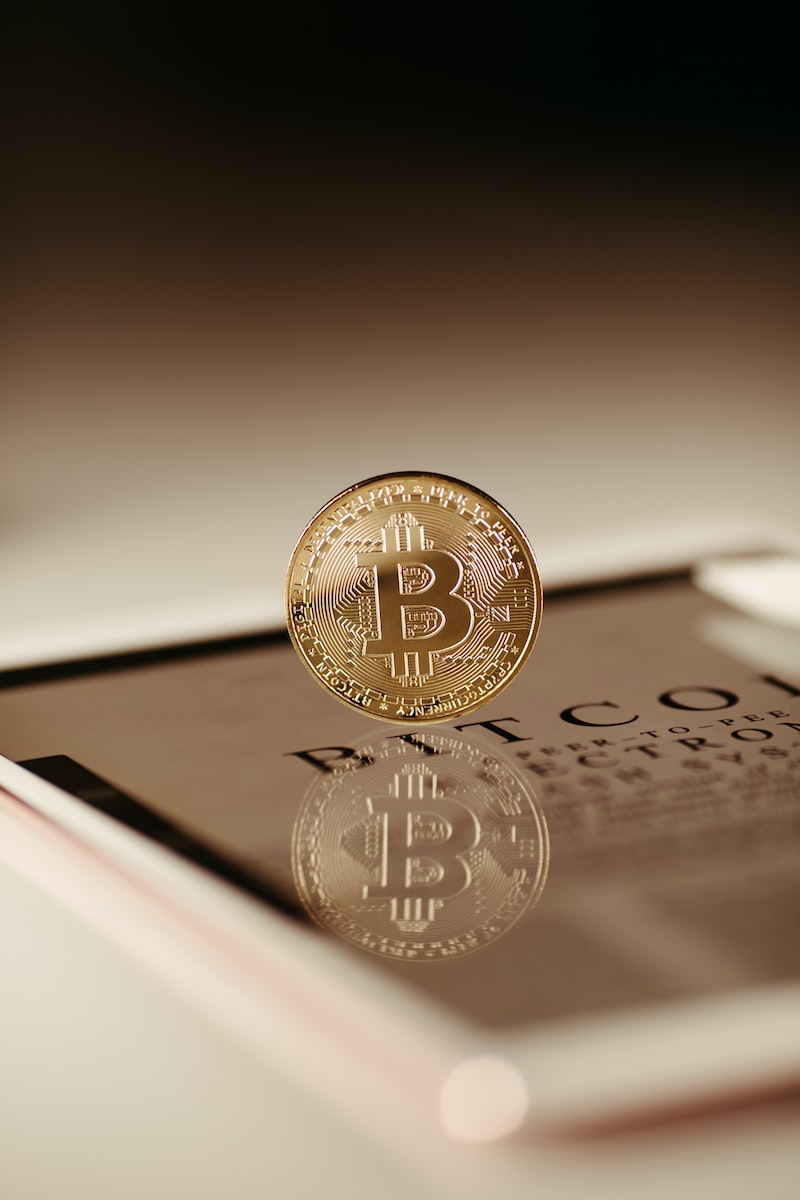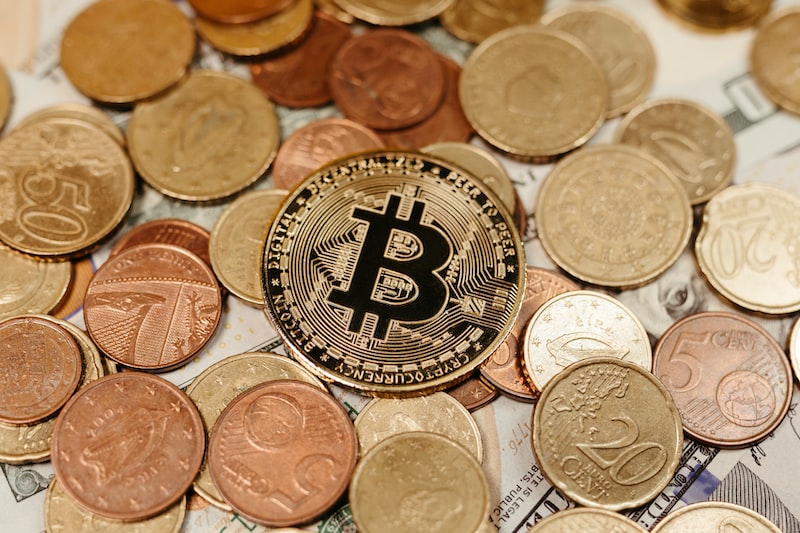Table of Contents

Are you curious whether investing in Metaverse coins aligns with the principles of Halal? It’s a thought-provoking question, and today we’ll explore this topic to help shed some light on it.
The concept of the Metaverse has gained significant attention recently. It refers to a virtual reality space where users can interact with each other and digital assets. As this technology evolves, so does the interest in investing in Metaverse coins, which are digital currencies specifically designed for transactions within the Metaverse.

When assessing the compliance of investing in Metaverse coins with Halal principles, several factors come into play. In Islam, Halal refers to what is permissible or lawful according to Islamic law. To determine the permissibility of an investment, scholars consider various aspects.
One crucial factor to assess is the nature of the underlying assets. If the assets are compliant with Islamic principles, the investment may be considered Halal. For example, if the Metaverse coins represent real-world assets or commodities that are Halal, such as property or commodities like gold, investing in these tokens could be deemed Halal.
Additionally, scholars evaluate the purpose and activities associated with the investment. If the primary usage of the Metaverse coins involves permissible activities in accordance with Islamic principles, such as facilitating legitimate businesses or trade, the investment may be seen as Halal.

However, challenges arise when considering speculative and gambling-like elements that sometimes exist in cryptocurrency investments. Islam prohibits engaging in excessive speculation or gambling, as it goes against the principles of fairness, transparency, and risk-sharing. Therefore, if investing in Metaverse coins involves excessive speculation or resembles gambling, it may not align with Halal principles.
It’s important to note that Islamic finance is a specialized field, and opinions on specific investments can vary among scholars. As the Metaverse continues to evolve, scholars and experts in Islamic finance will likely provide more guidance on the permissibility of investing in Metaverse coins.
the compliance of
investing in Metaverse coins with Halal principles depends on various factors, including the nature of the underlying assets and the purpose of the investment. As this field is still relatively new, it’s crucial to seek advice from knowledgeable scholars or experts in Islamic finance when making investment decisions.Exploring the Halal Compliance of Metaverse Coins: Can They Align with Islamic Principles?
Have you ever wondered how the fast-evolving world of cryptocurrency fits into the realm of Islamic finance? With the rise of the metaverse and the growing popularity of digital currencies, there is a need to explore the halal compliance of metaverse coins. Can these virtual assets align with Islamic principles?
When it comes to Islamic finance, key principles such as avoiding interest-based transactions (riba) and promoting ethical investments are at the forefront. The concept of money in Islam is based on tangible assets, and any financial instrument that deviates from this principle raises questions.
Metaverse coins, which serve as the native currency within virtual worlds, raise concerns due to their intangible nature. Unlike traditional currencies backed by physical assets, metaverse coins exist purely in digital form. This calls into question their compliance with Islamic principles.
One argument in favor of the halal compliance of metaverse coins is that they can be seen as a medium of exchange within virtual economies. Similar to conventional fiat currencies, these digital assets facilitate trade and commerce within the metaverse. From this perspective, metaverse coins can be considered permissible.
However, critics argue that the speculative nature of cryptocurrencies contradicts the principles of Islamic finance. The volatility and unpredictability of the crypto market can be seen as akin to gambling, which is prohibited in Islam. Additionally, some metaverse projects involve elements that may be deemed haram, such as the sale of virtual goods that resemble real-world prohibited items.
To address these concerns, some experts propose introducing checks and balances to ensure the halal compliance of metaverse coins. This could involve implementing strict regulations and guidelines, similar to those governing other financial instruments within Islamic finance. By adhering to transparency, accountability, and ethical practices, the halal status of metaverse coins could be ensured.
the halal compliance of metaverse coins remains a topic of debate within the Islamic finance community. While some argue for their permissibility as a medium of exchange, others raise concerns about their speculative nature and potential involvement in haram activities. Ultimately, striking a balance between embracing innovation and adhering to Islamic principles is crucial in exploring the compatibility of metaverse coins with Islamic finance.
Unlocking the Potential: Analyzing the Halal Permissibility of Investing in Metaverse Coins
Have you ever wondered about the vast potential of the metaverse? This virtual realm, where people can interact and engage with digital environments, has gained significant attention in recent times. As the metaverse continues to evolve and capture our imagination, a question arises for those adhering to Islamic principles: Is investing in metaverse coins halal, or permissible according to Islamic law? Let’s delve into this intriguing topic to unlock its potential.
In the world of cryptocurrency, metaverse coins have emerged as a fascinating asset class. These coins are specifically designed to facilitate transactions within virtual worlds and metaverse platforms. With the metaverse gaining traction as a unique investment opportunity, it becomes crucial to determine its compatibility with Islamic finance principles.
To assess the halal permissibility of investing in metaverse coins, we must consider several factors. Firstly, it is essential to evaluate the nature of these digital assets. Metaverse coins primarily serve as a medium of exchange within virtual ecosystems, enabling users to purchase virtual goods or invest in metaverse-based projects. From an Islamic perspective, investments should avoid any involvement in haram (prohibited) activities such as gambling, usury (riba), or unlawful businesses.
Furthermore, scholars argue that the permissibility of investing in metaverse coins depends on the underlying assets and activities within the metaverse itself. If the virtual world promotes ethical, lawful, and socially responsible interactions, investing in its associated coins may align with Islamic principles. Conversely, if the metaverse involves illicit activities or engages in practices conflicting with Islamic teachings, investing in its coins would be deemed impermissible.
Analogously, we can view the metaverse as a parallel universe, akin to a bustling city with diverse neighborhoods. Just as one would carefully choose a physical investment based on its ethical implications, evaluating the metaverse’s values and principles becomes crucial. It involves assessing the metaverse’s governance, economic system, and adherence to Islamic values.
unlocking the potential of investing in metaverse coins requires a thorough analysis of their compliance with Islamic finance principles. While the metaverse presents exciting possibilities, it is essential to evaluate the underlying assets, activities, and values within these virtual realms. By doing so, those adhering to Islamic principles can make informed investment decisions, ensuring that their actions align with their religious beliefs while exploring the vast opportunities of the metaverse.
Navigating the Intersection of Faith and Finance: Are Metaverse Coins Halal Investments?
As the world continues to embrace digital advancements, the intersection between faith and finance has become a topic of great interest. One particular area that has gained significant attention is the emergence of metaverse coins as potential investment opportunities. But for those following Islamic principles, a crucial question arises: are these metaverse coins considered halal investments?
In answering this question, it’s important to understand the concept of halal investments within the context of Islamic finance. Islamic principles prohibit engaging in activities that are deemed haram (forbidden), such as usury (riba) and speculation (gharar). Instead, investments should be based on ethical and socially responsible practices.

Metaverse coins, which represent virtual assets within virtual worlds or metaverses, bring forth a new dimension to the investment landscape. These digital currencies allow individuals to purchase virtual land, virtual goods, and even participate in virtual economies. However, their halal status hinges on compliance with Islamic financial principles.
To determine whether metaverse coins can be considered halal investments, several factors need to be taken into account. First and foremost, the underlying purpose and nature of the coins must align with Islamic principles. If the virtual world or metaverse engages in activities that are prohibited, such as gambling or promoting illicit behavior, investing in its associated coins would likely be deemed haram.
Additionally, the trading and valuation of metaverse coins must adhere to transparency and fairness. Any element of uncertainty or ambiguity in transactions would contradict the principle of avoiding speculation (gharar). Therefore, the mechanisms and rules governing the metaverse must provide clear guidelines for trading and ensure a level playing field for all participants.
Moreover, the liquidity and convertibility of metaverse coins should also be considered. If these coins cannot be easily converted into real-world assets or currencies, their value may be difficult to ascertain. This lack of convertibility can introduce an element of speculation and may raise concerns from an Islamic finance perspective.
determining the halal status of metaverse coins as investments requires a careful evaluation of their underlying purpose, the transparency of trading, and their convertibility into tangible assets. It is crucial for individuals seeking halal investments to conduct thorough research and consult with knowledgeable scholars or financial advisors well-versed in both Islamic principles and the intricacies of the metaverse. By doing so, one can navigate the intersection of faith and finance while making informed investment decisions in this ever-evolving digital landscape.
Metaverse Coins in the Eyes of Scholars: Addressing the Shariah Compliance Question
The rise of the metaverse has sparked a great deal of interest and discussion among scholars, particularly when it comes to the concept of metaverse coins and their compliance with Shariah principles. As we delve into this topic, it becomes evident that addressing the question of Shariah compliance is crucial for the broader adoption and acceptance of metaverse coins within Islamic communities.
Shariah compliance refers to adhering to Islamic principles and guidelines, which encompass various aspects of life, including finance and investments. When it comes to metaverse coins, scholars have started to explore whether these digital assets align with the tenets of Islamic finance.
One of the key concerns raised by scholars pertains to the speculative nature of metaverse coins. Speculation, or gharar in Arabic, is generally discouraged in Islamic finance due to its potential for unjustified risk and uncertainty. However, different scholars may interpret the level of speculation differently, leading to varying opinions on the permissibility of metaverse coins.
Another aspect under scrutiny is the concept of riba (interest), which is strictly prohibited in Islam. Scholars investigate whether the staking, lending, or borrowing mechanisms associated with some metaverse coins involve interest-based transactions. If such elements exist, it could render these coins non-compliant with Shariah principles.
Furthermore, scholars assess the underlying activities facilitated by metaverse coins, such as virtual gambling or trading of non-halal goods. In line with Islamic values, any involvement in activities deemed unethical or contradictory to Islamic teachings would render the use of metaverse coins problematic from a Shariah perspective.
It’s worth noting that the exploration of Shariah compliance in relation to metaverse coins is an ongoing process. Scholars are actively analyzing the intricacies of these digital assets, seeking consensus on their permissibility within the framework of Islamic finance.
the issue of Shariah compliance is a significant consideration when assessing the viability of metaverse coins within Islamic communities. Scholars are taking a closer look at the speculative nature, interest-based elements, and underlying activities associated with these digital assets. By addressing these questions comprehensively, it will be possible to determine the compatibility of metaverse coins with Shariah principles and pave the way for their broader acceptance in Islamic finance.




